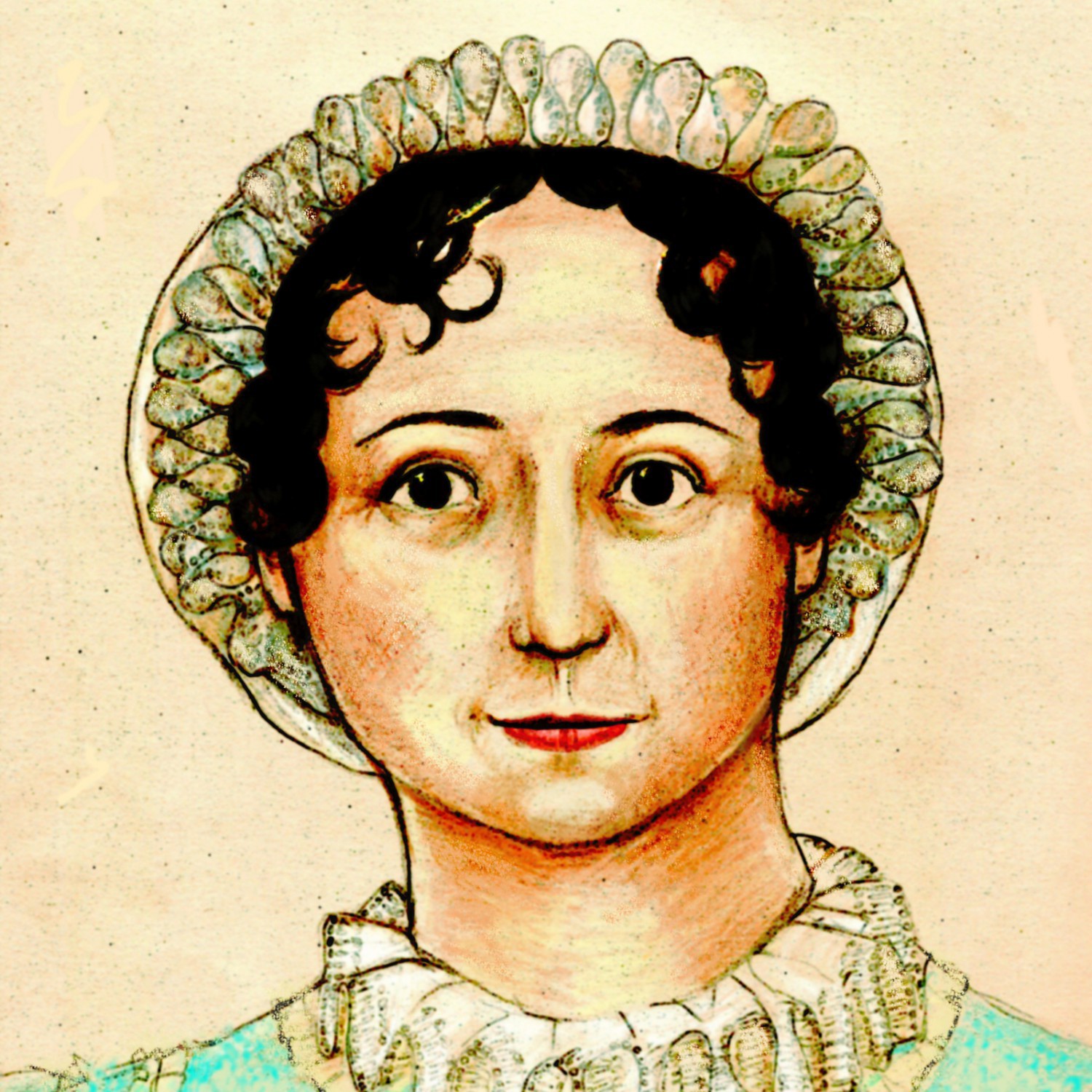
Today’s lesson is from the book of Northanger Abbey, in which Catherine experiences a windy night and a loss of her light source. Right now we are feeling this passage most sincerely, as AustenBlog World Headquarters had no power on Friday night, and not even a cheerful fire to comfort us.
The dimness of the light her candle emitted made her turn to it with alarm; but there was no danger of its sudden extinction; it had yet some hours to burn; and that she might not have any greater difficulty in distinguishing the writing than what its ancient date might occasion, she hastily snuffed it. Alas! It was snuffed and extinguished in one. A lamp could not have expired with more awful effect. Catherine, for a few moments, was motionless with horror. It was done completely; not a remnant of light in the wick could give hope to the rekindling breath. Darkness impenetrable and immovable filled the room. A violent gust of wind, rising with sudden fury, added fresh horror to the moment. Catherine trembled from head to foot. In the pause which succeeded, a sound like receding footsteps and the closing of a distant door struck on her affrighted ear. Human nature could support no more. A cold sweat stood on her forehead, the manuscript fell from her hand, and groping her way to the bed, she jumped hastily in, and sought some suspension of agony by creeping far underneath the clothes. To close her eyes in sleep that night, she felt must be entirely out of the question. With a curiosity so justly awakened, and feelings in every way so agitated, repose must be absolutely impossible. The storm too abroad so dreadful! — She had not been used to feel alarm from wind, but now every blast seemed fraught with awful intelligence. The manuscript so wonderfully found, so wonderfully accomplishing the morning’s prediction, how was it to be accounted for? — What could it contain? — to whom could it relate? — by what means could it have been so long concealed? — and how singularly strange that it should fall to her lot to discover it! Till she had made herself mistress of its contents, however, she could have neither repose nor comfort; and with the sun’s first rays she was determined to peruse it. But many were the tedious hours which must yet intervene. She shuddered, tossed about in her bed, and envied every quiet sleeper. The storm still raged, and various were the noises, more terrific even than the wind, which struck at intervals on her startled ear. The very curtains of her bed seemed at one moment in motion, and at another the lock of her door was agitated, as if by the attempt of somebody to enter. Hollow murmurs seemed to creep along the gallery, and more than once her blood was chilled by the sound of distant moans. Hour after hour passed away, and the wearied Catherine had heard three proclaimed by all the clocks in the house before the tempest subsided or she unknowingly fell fast asleep.
The power is back on, but we still don’t have internet (posting this from our phone!). There’s a lot of crazy weather going on everywhere right now, so we wish everyone a warm, safe, well-lit place to do a little reading. Here endeth the lesson.
Also, while we’re on the subject of Northanger Abbey, we wrote a little bit (actually quite a lot) about Mr. Tilney and his treatment of our heroine for Sarah Emsley’s blog series about NA and Persuasion.


